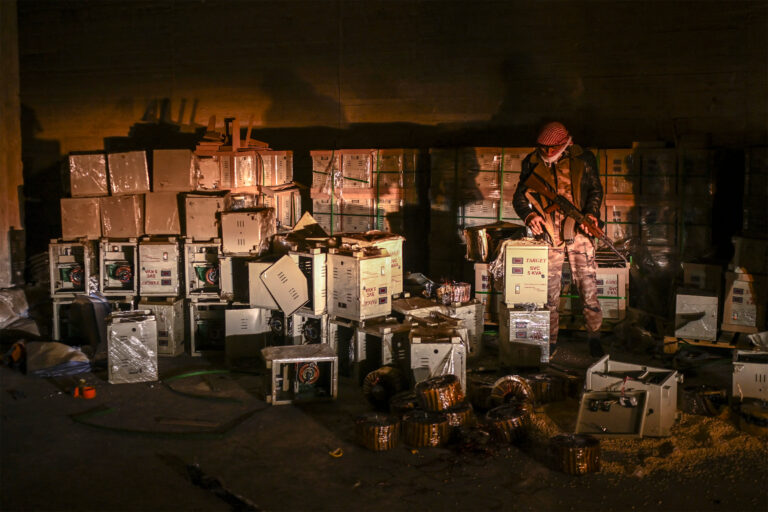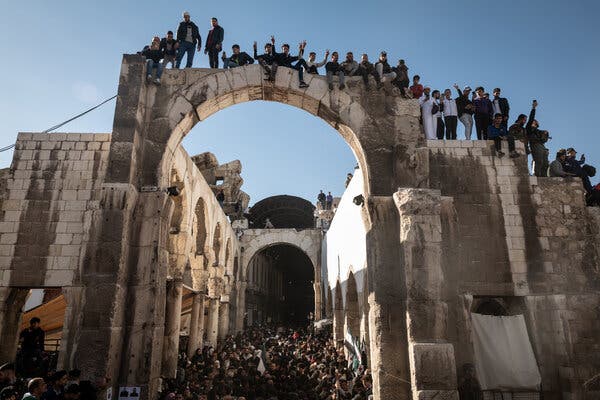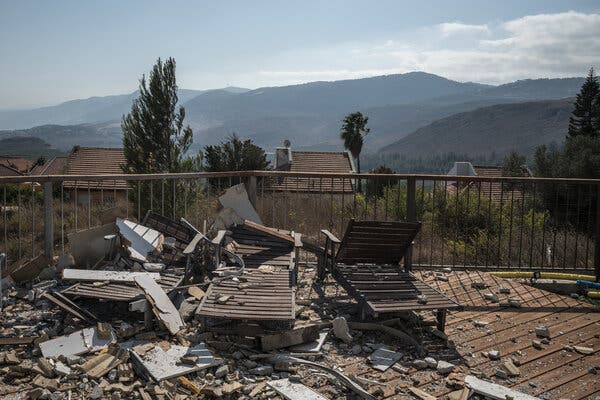Established to maintain peace in southern Lebanon, the UNIFIL forces have been increasingly caught in the middle of the Israeli-Hezbollah war.

Two members of a United Nations peacekeeping mission operating along Lebanon’s border with Israel were injured on Thursday after an Israeli tank fired on one of the group’s observation towers, U.N. officials said.
It was the most serious incident involving the international force since Israel warned it to relocate from Lebanese positions near where it said Hezbollah fighters had launched rockets into northern Israel. The U.N. forces rejected the request to move, a spokesman said.
The U.N. has kept the peacekeeping force, known as UNIFIL, in southern Lebanon since 1978. Its mission is largely observational, though its mandate was expanded in 2006 at the end of the last war between Israel and Hezbollah, an armed group backed by Iran.
Over the past year, the peacekeepers have found themselves increasingly in the middle of cross-border strikes. A day after its ally, Hamas, launched the Oct. 7 attacks on Israel, Hezbollah began firing rockets into Israel, and Israel returned fire. Last week, Israeli ground troops entered Lebanon to rout out the militants.
Here is a look at the challenges faced by the peacekeepers at an increasingly volatile border.
What is UNIFIL’s mission?
The United Nations Interim Peacekeeping Force in Lebanon is an international body of over 10,000 civilian and military personnel from 50 countries assigned to prevent violations along the border between Lebanon and Israel. That 75-mile stretch is often called the Blue Line.
A U.N. resolution from 2006 includes language authorizing the force to “ensure that its area of operations is not utilized for hostile activities of any kind.”



